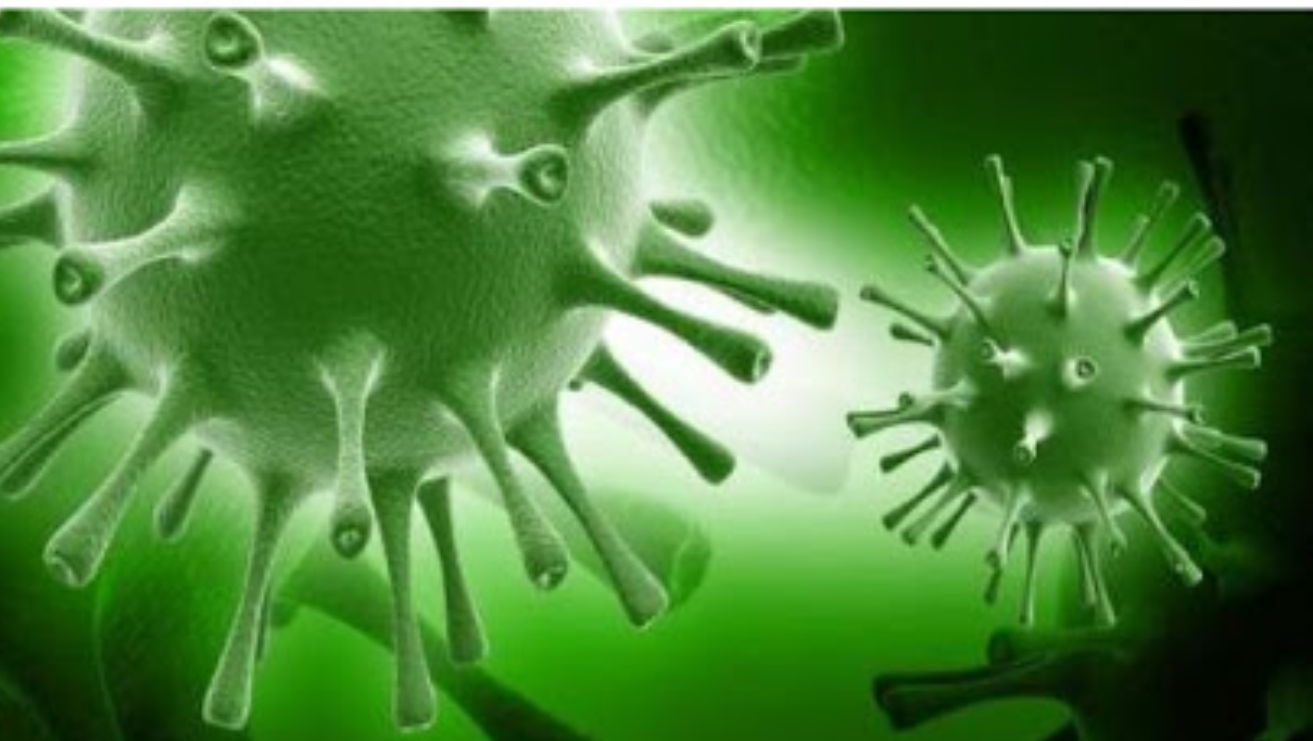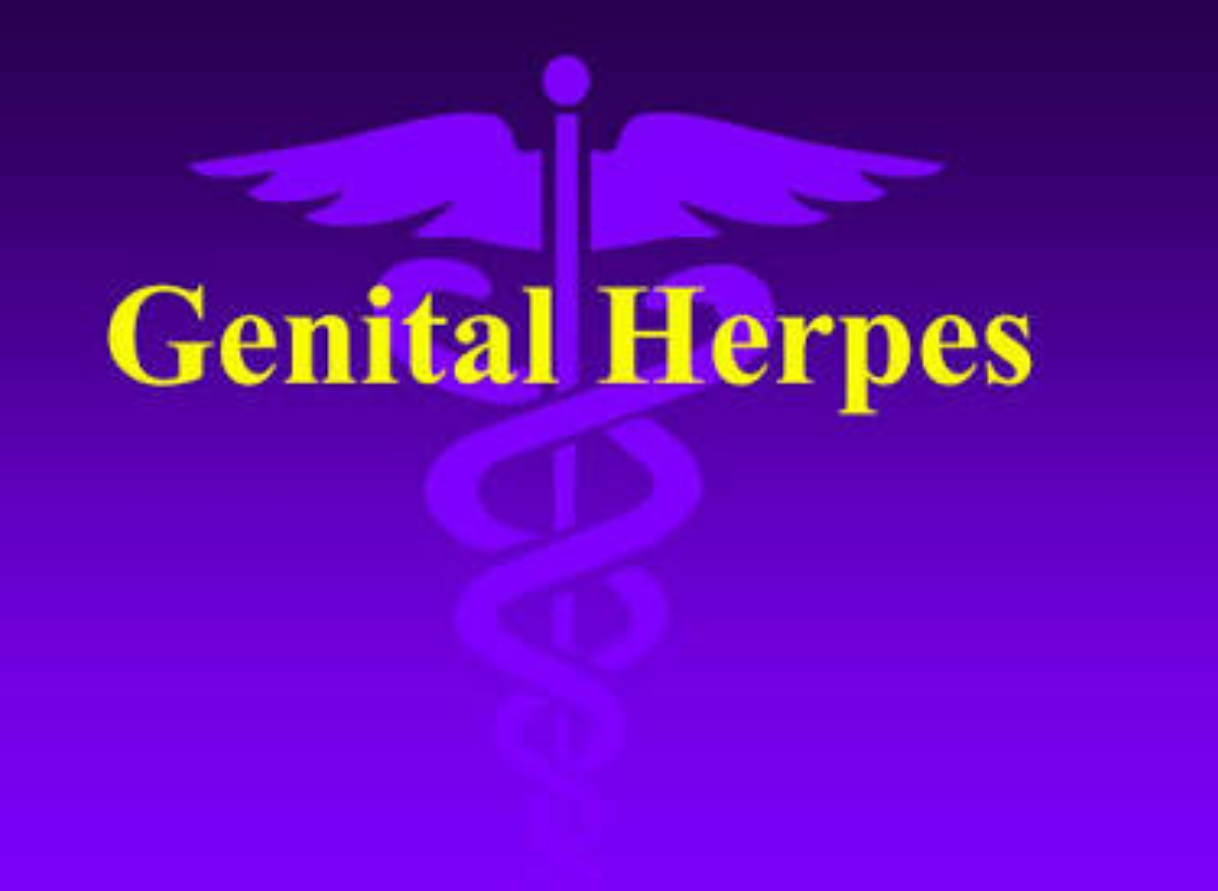The short answer: It depends. The details are important in determining your risk.
Herpes is a sexually transmitted viral infection that cannot be cured. It is spread via skin to skin contact and has two types: Herpes simplex virus type 1 (HSV1) and herpes simplex virus type 2 (HSV2). HSV1 flourishes in and around the mouth, and HSV2 generally infects the genital area. These and other delicate areas of the skin: vaginal, anal, penile, eye, nose, mouth, and broken skin from a rash, burn, or cut anywhere on the body, are vulnerable to infection. You may be able to get online herpes medication.
Herpes can cause intermittent outbreaks called flares, in which blisters or sores may become visible and the person with herpes may feel feverish or generally unwell. These can be frequent, infrequent, or completely absent; everyone is different. Not everyone with herpes has symptoms, so it is important to get tested regularly to determine whether or not you’ve been exposed to and contracted the herpes virus. Unlike other viruses like the flu, herpes cannot be cured and is a lifelong condition that requires careful management and precautions when coming into contact with sexual partners and vulnerable or immunosuppressed people. Herpes is most easily spread during a flare and when someone comes into contact with the fluid from an open sore. Herpes virus sheds itself in the skin and most effectively during a flare.
Usually, you cannot get oral herpes from kissing someone with oral herpes on the mouth, but this is only if they’re not having an outbreak (they don’t have sores). If the person has an oral herpes sore, it is contagious. If they are asymptomatic, you cannot contract oral herpes from a kiss on the mouth.
The Challenges
The challenge comes in when a person with genital herpes receives a kiss anywhere near their genital area, or touches an open genital sore and touches any of the vulnerable skin types mentioned above on an uninfected person without washing their hands (hand sanitizer does not kill viruses, so hand washing is the only way to be sure). Unlike oral herpes, genital herpes is always contagious, regardless of the presence or absence of a flare or open sores. In addition, if someone with oral herpes experiencing a flare kisses any other part of the body with the aforementioned vulnerable areas, such as the vagina, penis, or anus, the recipient may contract oral herpes in the genital area.
If you or a loved one or partner is concerned about the spread of oral or genital herpes, antiviral medications may help reduce the frequency or severity of herpetic symptoms, and reduce the chance of giving it to a sexual partner by about half. However, always use caution, get tested regularly, and speak to your doctor to assess your level of risk in contracting or infecting someone with herpes. Your doctor may discuss the best methods and practices for managing your condition and help you decide whether and which type of medication is right for you. If you have concerns about privacy or convenience, there are online platforms for receiving a diagnosis and treatment plan from the comfort of your own home. Herpes alert is one service that can connect you to a network of medical professionals purely online, from the comfort and privacy of your home.
The short detailed answer is: No, you cannot get oral herpes from kissing a person with oral herpes on the mouth, who is not having a flare or presenting with open sores. If there are oral sores or one plans to kiss the genital area of a person with genital herpes, you can contract it, regardless of whether the genital area has sores. Oral herpes may be passed to the genital area of an uninfected partner if there are open oral sores. Practice safe sex, use condoms, and have honest and open communication with your partner about your concerns.





1 Comment
Hi. Good Job!